CHILD PROTECTION LAW NEEDS YOU!
Find out how you can make a difference fighting for families.
Law students, new lawyers and other interested persons are invited to attend a session about going into child protection law. For anyone looking for a career in public interest law and litigation, child protection law is an often over-looked area where lawyers can advance the interests of vulnerable clients and make meaningful differences in the lives of children and families.
Our speakers have worked as parents’ counsel and counsel for children, as well as counsel for children’s aid societies. They will be discussing the kinds of cases they have dealt with, what you can expect as counsel, how to look for opportunities in the field, and the practical aspects of establishing a practice. We anticipate that this will be an inspiring and informative session, with the perspective of practitioners and the Bench. There will also be opportunity to meet and ask question informally after the session is over. If you have any interest at all in this field of law, this will be a very valuable session to attend!
Speakers:
Justice Manjusha Pawagi sits on the Ontario Court of Justice at 311 Jarvis, where she hears domestic, child protection and criminal matters. Prior to her appointment to the Bench, she worked as counsel for the Toronto Children’s Aid Society and the Office of the Children’s Lawyer.
Renata Austin is a lawyer in private practice who regularly acts for clients in child welfare and criminal proceedings. Prior to setting up her practice, she worked for the City of Toronto. Called in 2013, she had set up her own practice by 2015. Her practice has thrived and she has developed a reputation for her commitment to providing services to families in marginalised communities.
Tammy Law is a family lawyer with extensive experience in child protection. She has argued at all levels of court, most recently before the Supreme Court of Canada. She has worked as parent’s counsel, counsel for children, and society counsel. She is the interim president of the Ontario Association of Child Protection Lawyers (Toronto Chapter).
Details:
The event will be held on February 13 at 400 University Avenue, 18th Floor Boardroom. The closest station is St. Patrick subway station. Parking is expensive, but the lot underneath City Hall is more reasonably priced.
The session will run from 4pm – 5:30pm, followed by informal drinks at the Duke of Cornwall Pub, located downstairs at 400 University Avenue. There is no cost to attend the session.
For questions, or to RSVP, please contact Stephanie Giannandrea at stephanie@mccarthyco.ca



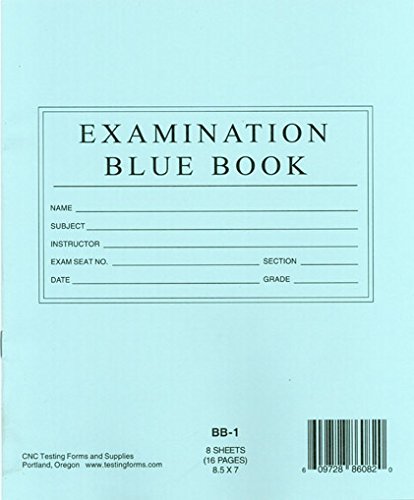
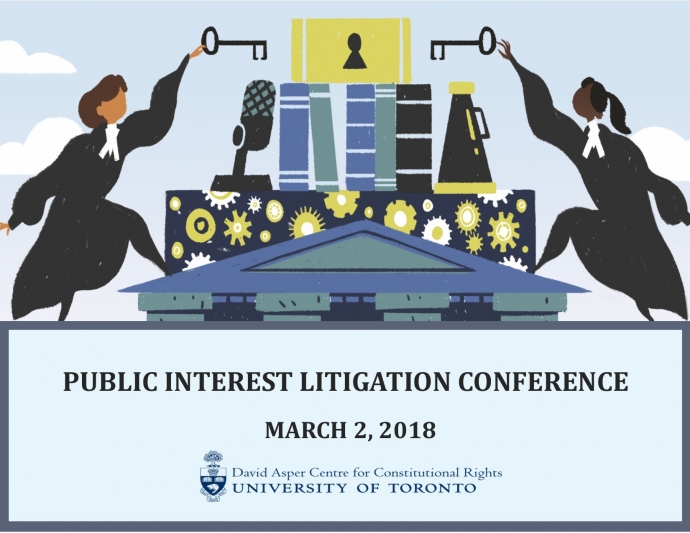
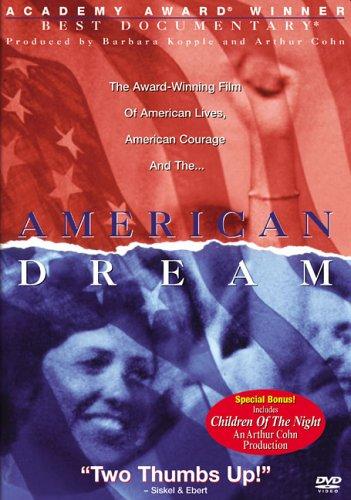

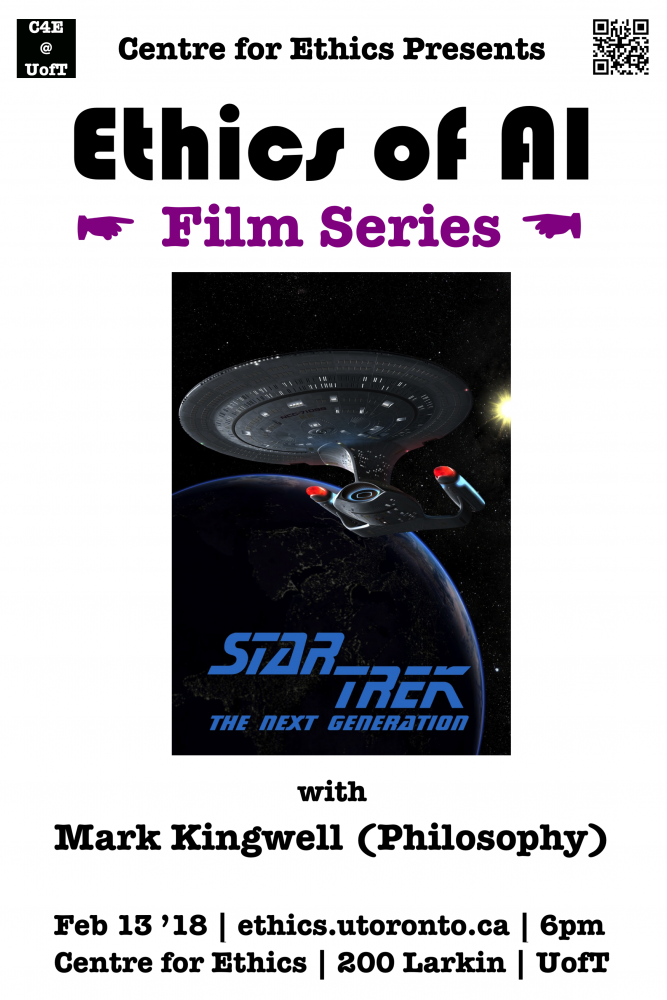
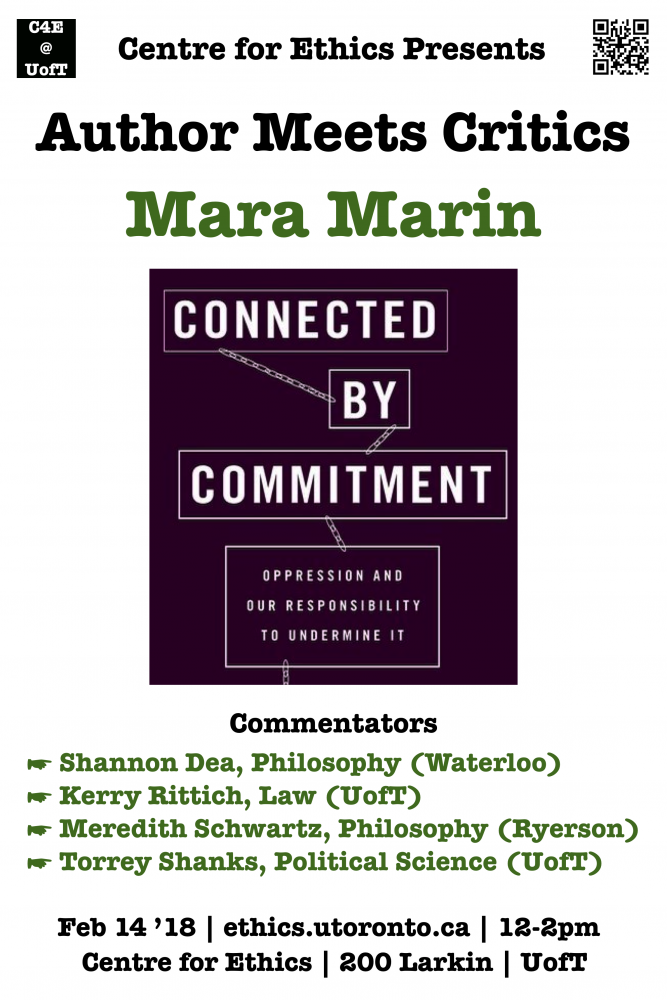
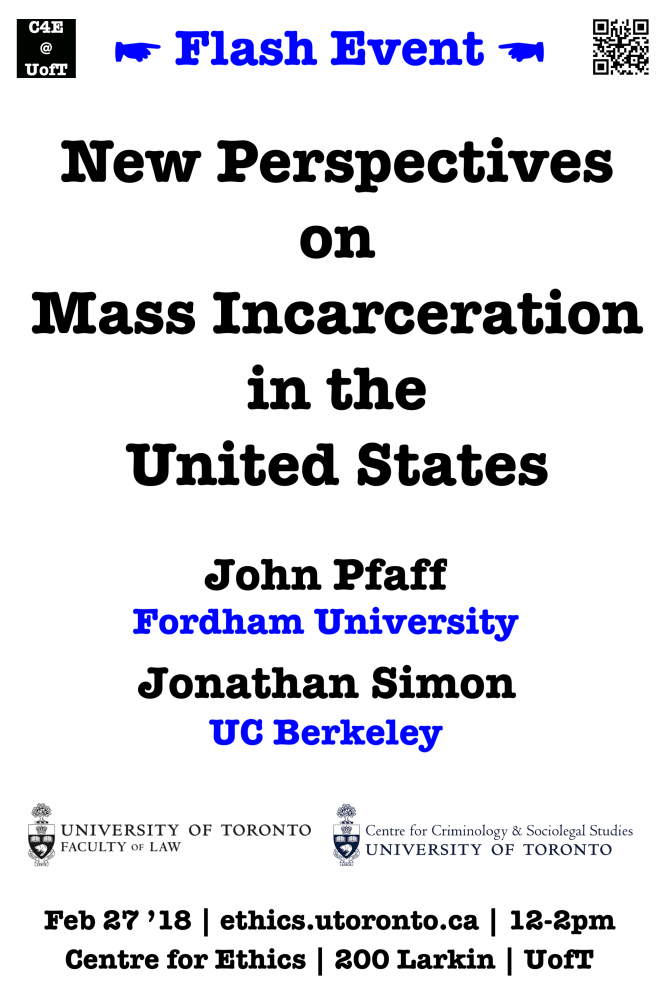


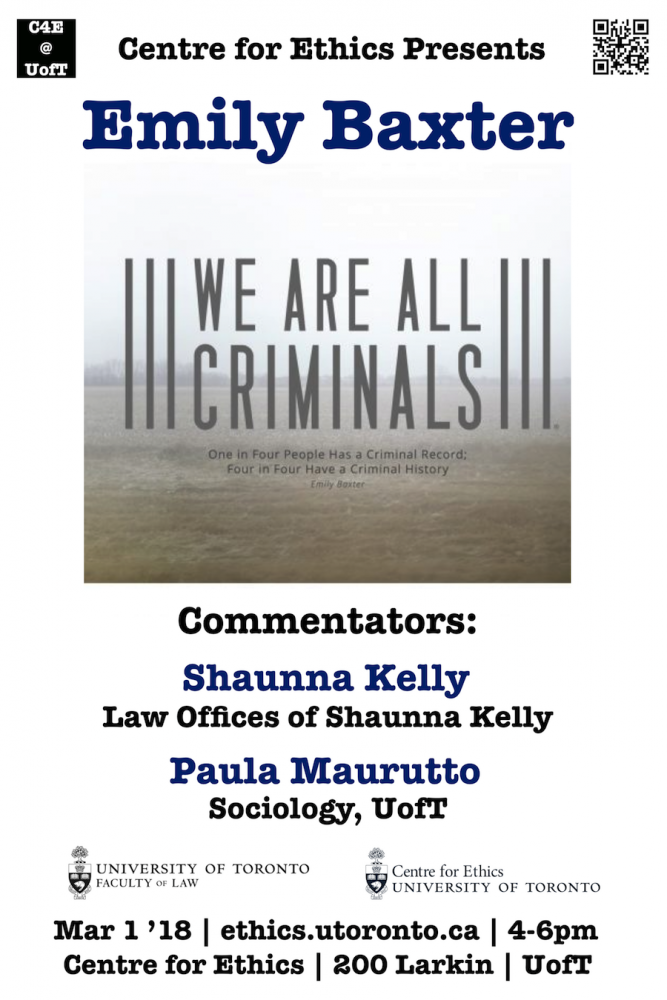
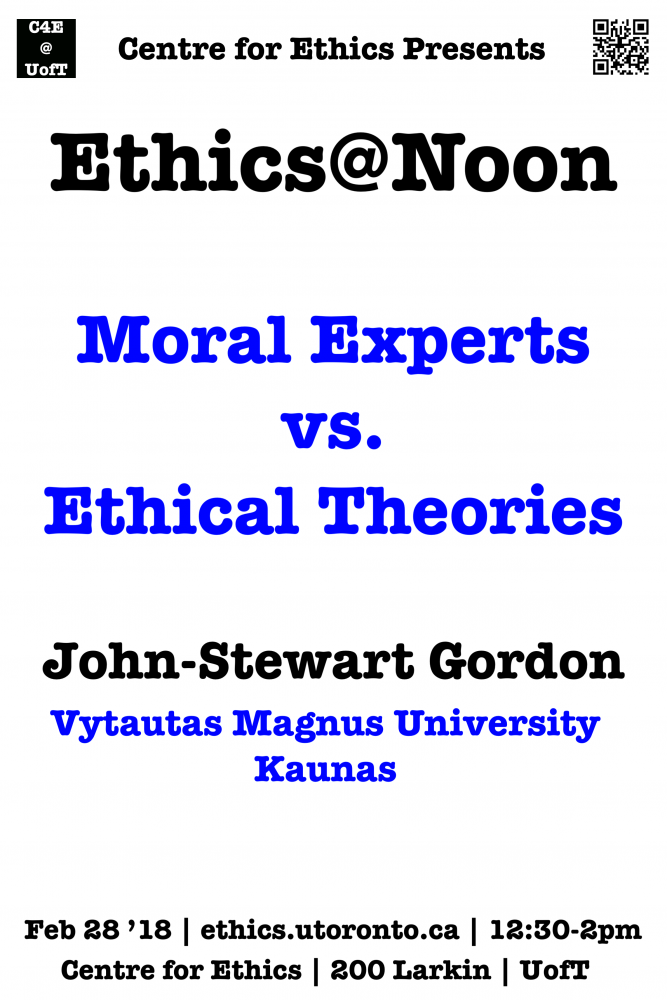
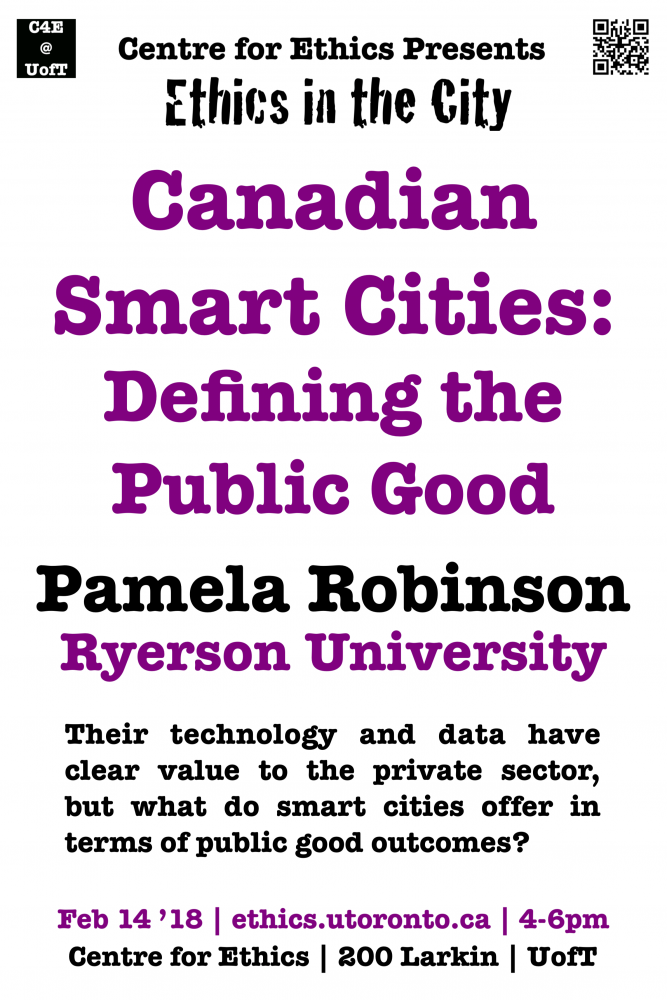
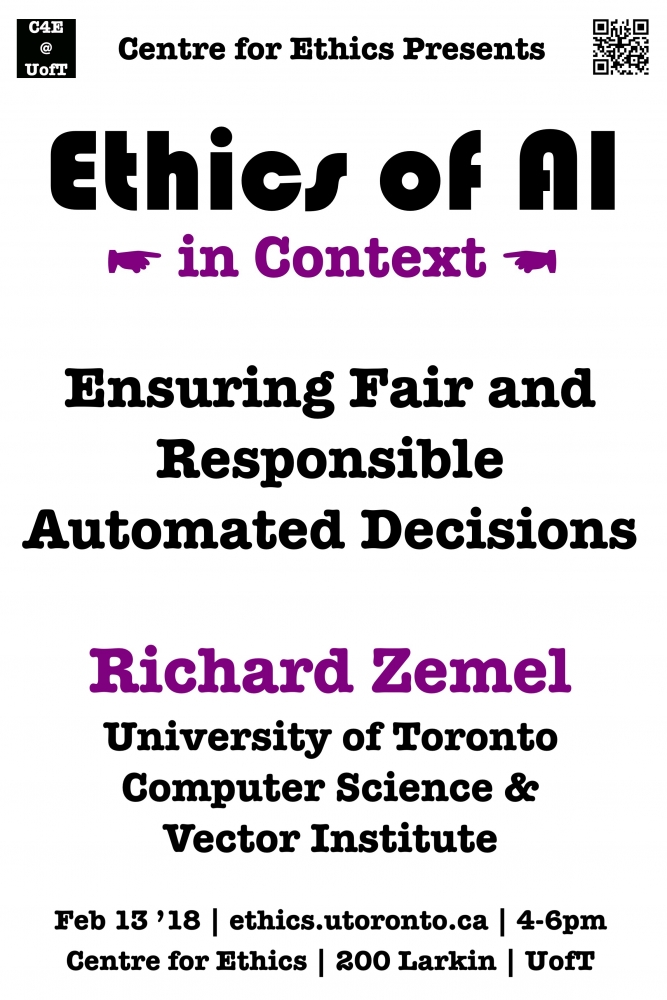
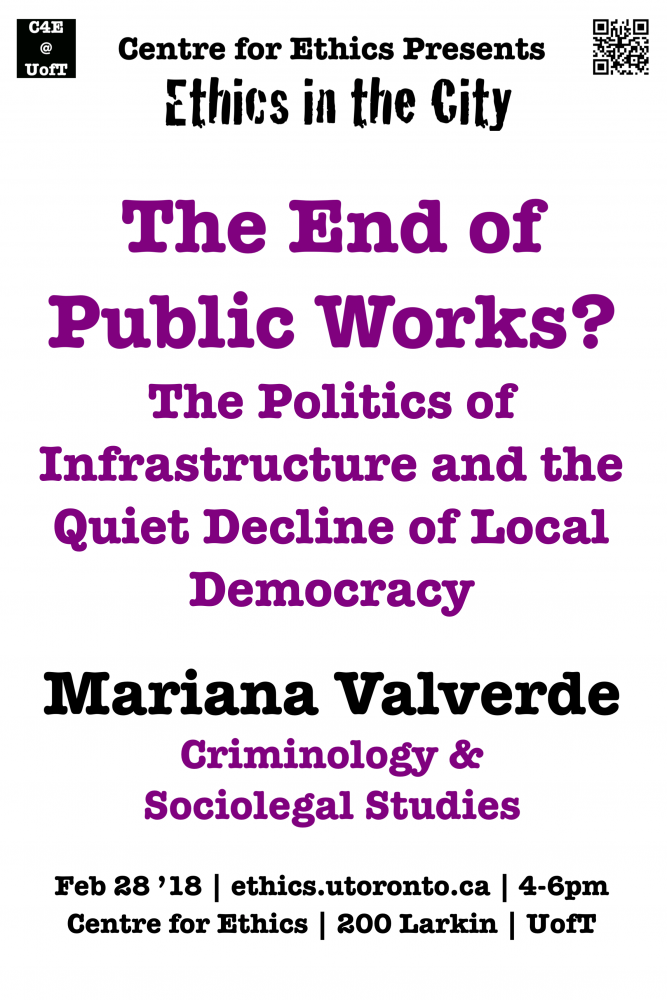
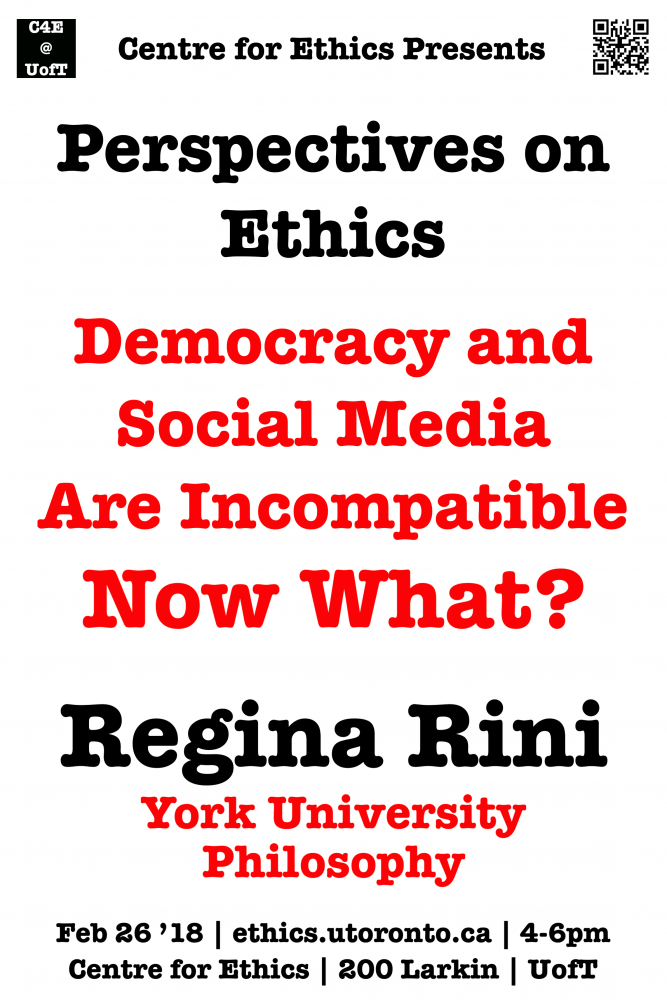
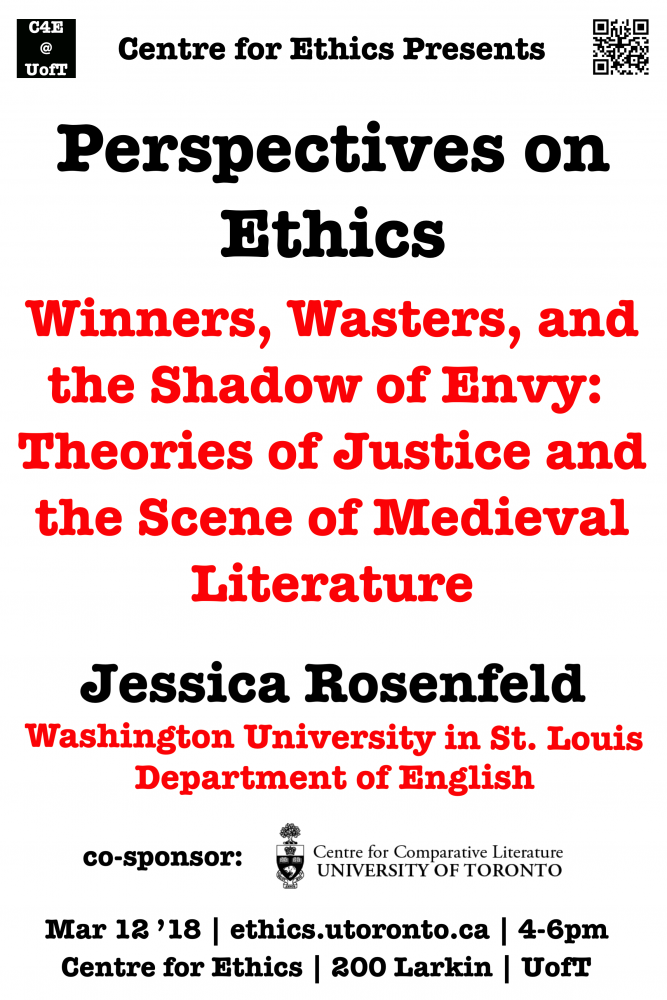

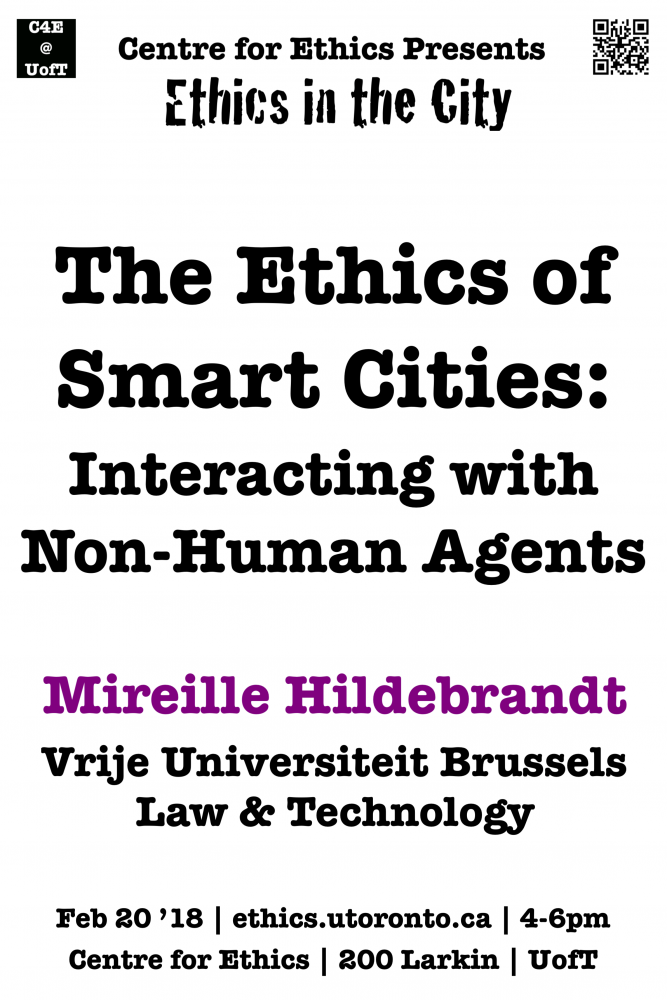
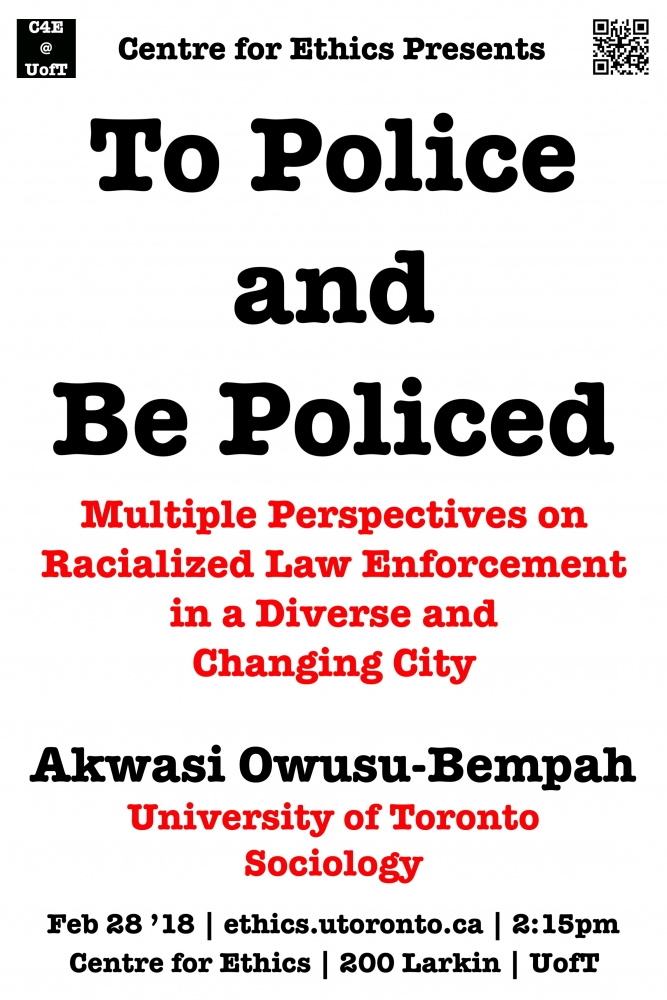
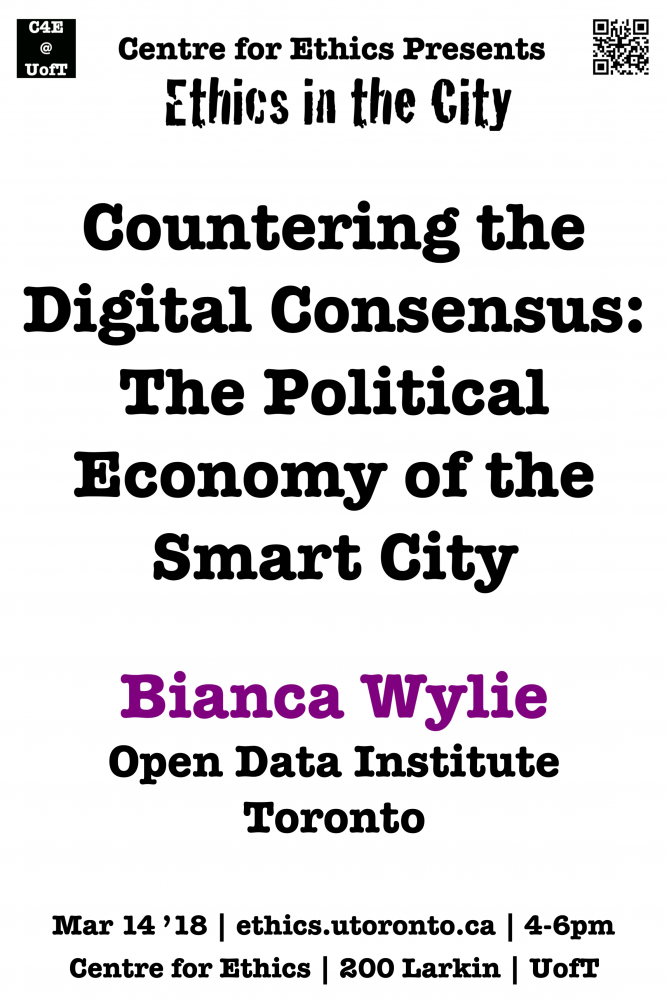
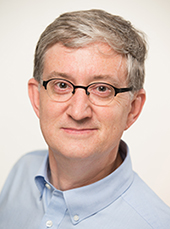
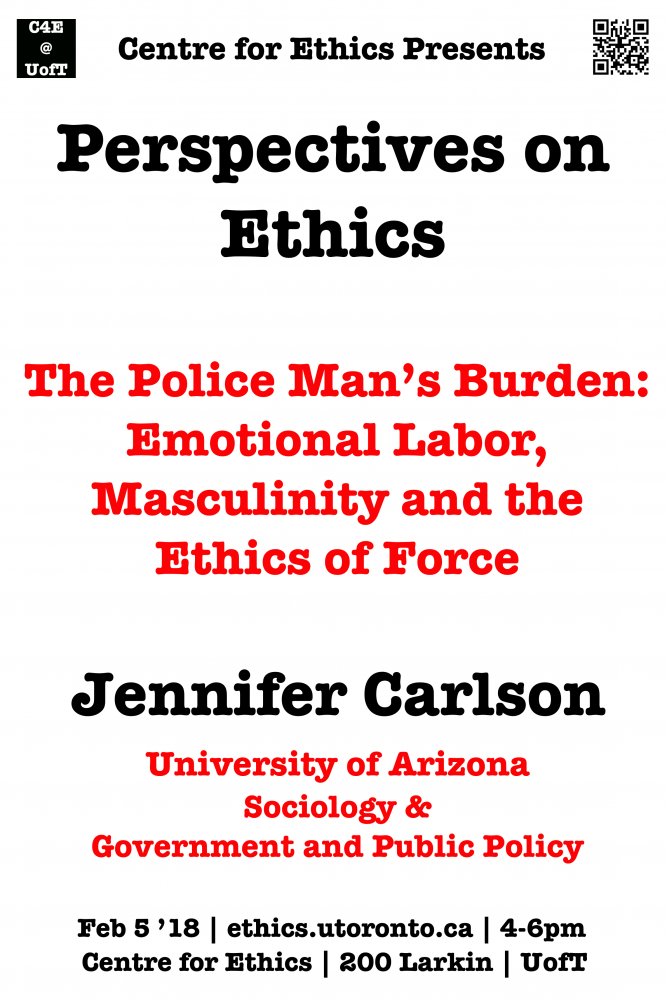
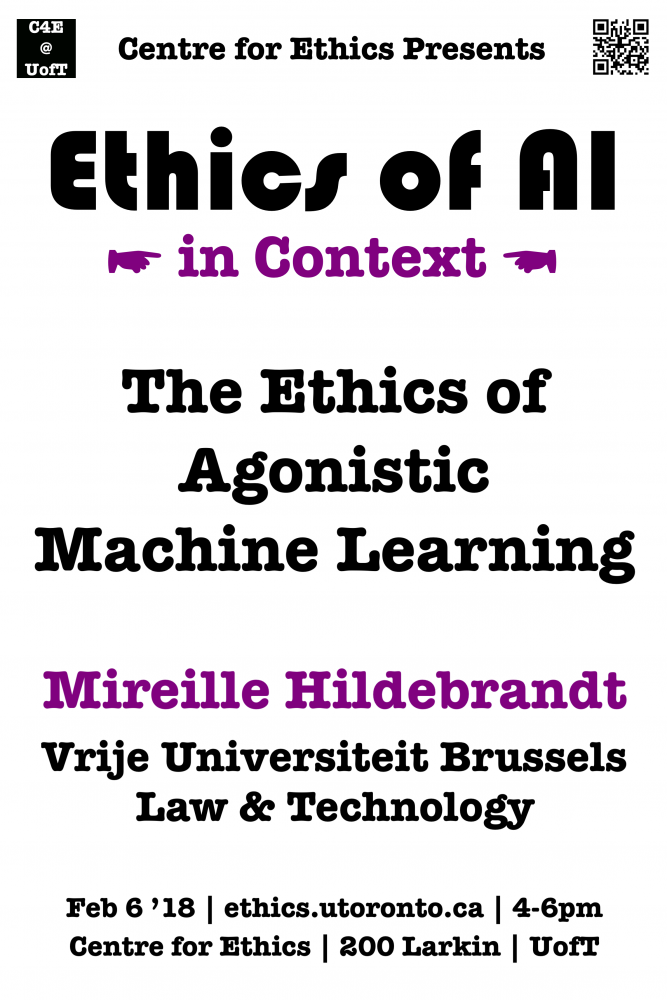
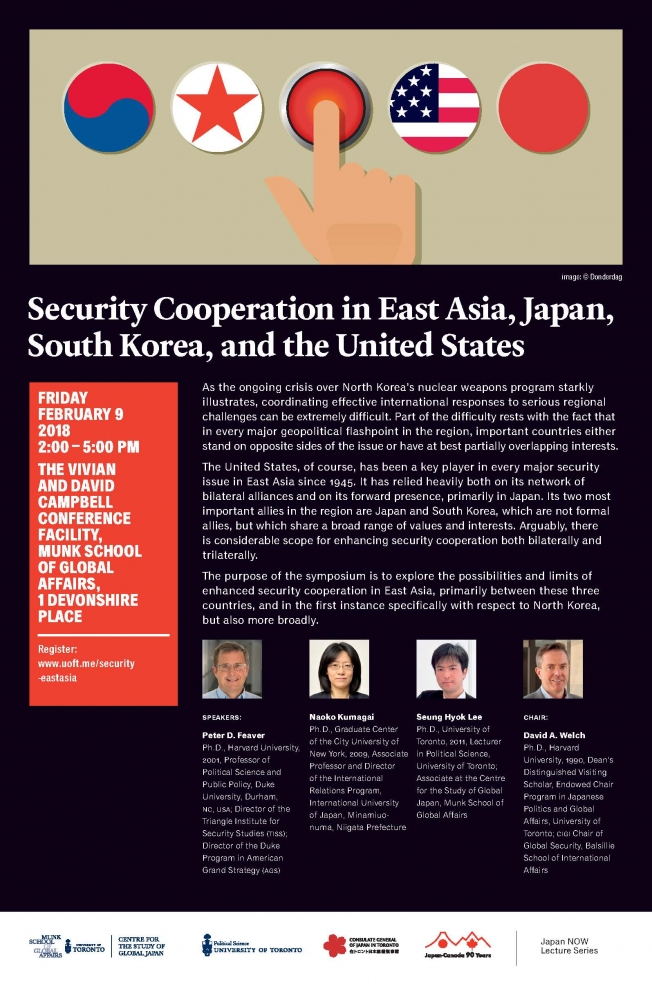
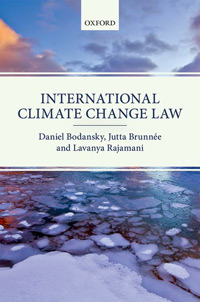 Professor Jutta Brunnée, Metcalf Chair in Environmental Law, has won a prestigious 2018 American Society of International Law Certificate of Merit for her new book International Climate Change Law (Oxford University Press, 2017) co-authored with Professors Daniel Bodansky (Arizona State University) and Lavanya Rajamani (Centre for Policy Research, New Delhi). The ASIL book awards committee pra
Professor Jutta Brunnée, Metcalf Chair in Environmental Law, has won a prestigious 2018 American Society of International Law Certificate of Merit for her new book International Climate Change Law (Oxford University Press, 2017) co-authored with Professors Daniel Bodansky (Arizona State University) and Lavanya Rajamani (Centre for Policy Research, New Delhi). The ASIL book awards committee pra